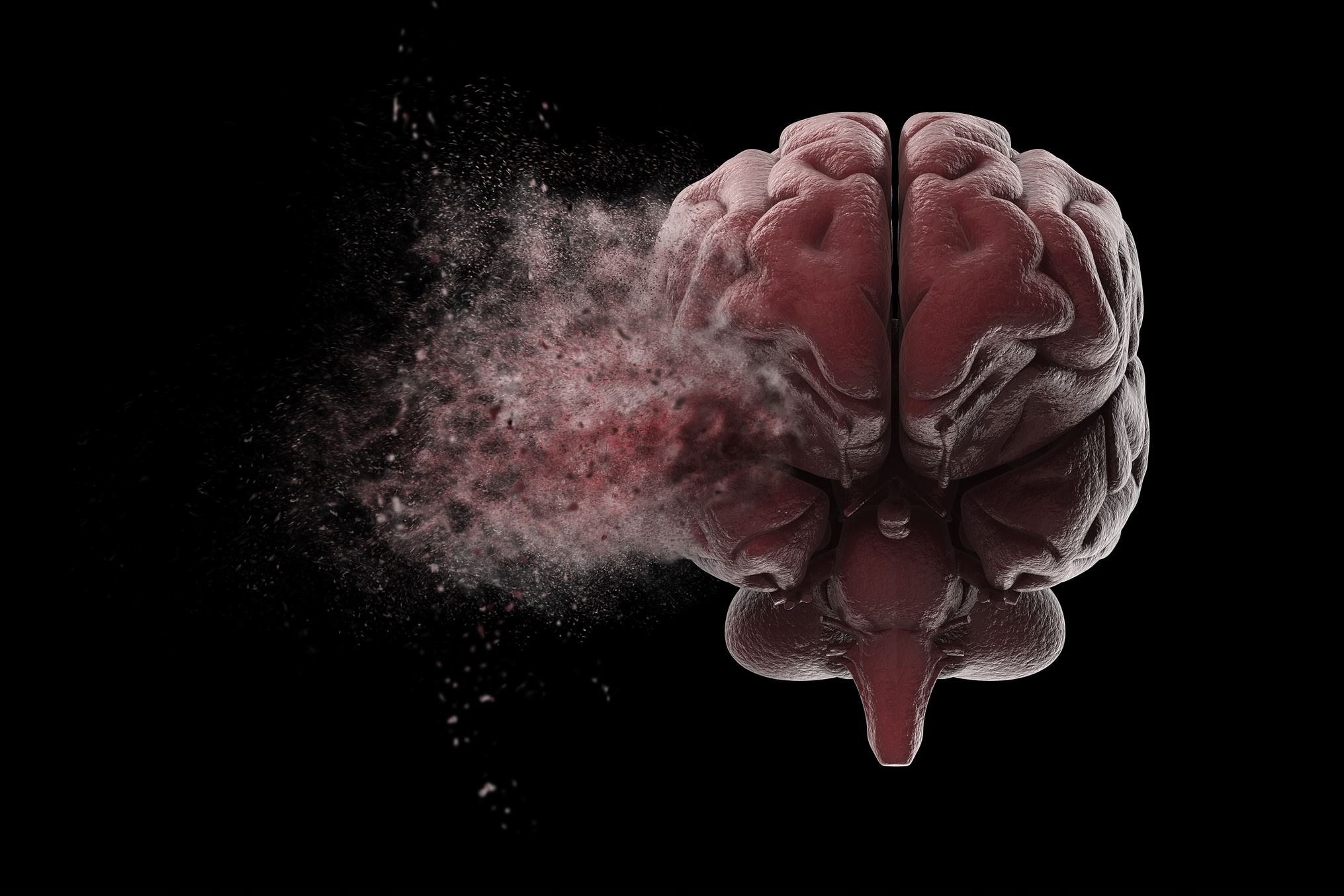How To Tell if a Person Has a Brain Injury
Traumatic brain injury is a non-congenital, non-degenerative insult to the brain due to a sudden blow or hit. The human brain is a soft organ which is encircled by spinal fluid and protected by the hard skull. Ideally, this fluid protects the brain by acting as a cushion keeping the brain from crashing into the head. However, when one’s head is hit hard, this results in the brain crashing into the hard skull and causing a brain injury.
According to The Center for Disease Control and Prevention (CDCP), 30.5% of all injury-related deaths are caused by Traumatic brain injury and over 1.7 million intracranial injuries occur within the United States each year. The CDC further identified the leading causes of brain injury as
- Violent blows to the head.
- Falls
- Pedestrian related or motor vehicle accidents
These injuries tend to vary in severity from mild to critical. Moreover, victims with traumatic brain injuries (TBI) are predisposed to cognitive deficits and even permanent neurobiological damage in severe cases.
It may not be easy to tell if someone has incurred an intracranial injury. The symptoms may appear much later, as late as two weeks following the injury. The victim may look completely fine despite acting or feeling a bit different. Each intracranial injury and its recovery are different depending on the individual. The brain has a remarkable way of adjusting after the injury. It is highly critical to be aware of symptoms of such a disease and to seek the appropriate medical treatment before symptoms persist or higher complications arise.
Here are a few symptoms that you ought to look out for:
- Physical problems up to and including severe and persistent headaches, impairments in movement, and reduced muscle strength.
- Sensory deficits that can involve all the sensory modalities in the body depending on which area of the brain has been affected.
- Cognitive deficits which include frequent episodes of amnesia. In this case, the victim may experience difficulty in concentrating, remembering things or making decisions.
- Mood and behavioral changes. The victim may tend to be mercurial over and over again. They may experience sudden outbursts of anger, agitation, sadness or combativeness for no particular reason.
- Communication deficits. This entails slowness in doing routine activities like spelling, thinking, reading or acting. The patient may experience slurred speech or difficulties in speaking correctly (aphasia).
- Regular changes in sleep patterns. The patients can either sleep way more than usual or experience difficulties in sleeping.
- Dizziness, lightheadedness or sudden loss of balance.
- Occasional feelings of nausea.
- Heightened sensitivity to noise, light or any distractions.
- The patient may suddenly collapse or be unresponsive for brief periods of time
Children, however, are more sensitive when it comes to brain injuries. When dealing with them, you ought to be more aware and skeptical since it is often harder for them to notify you of how they feel. Most symptoms for youngsters who have had a brain injury are similar to the ones for adults. However, look out for the following additional symptoms and inform the child’s doctor for further advice.
- Listlessness or unusual tiredness of the child.
- Heightened crankiness or irritability. The child cries more often and is inconsolable.
- Changes in the child’s performance in school.
- Changes in sleep, eating and playing patterns.
- Regular loss of interest in their favorite activities.
It is exceedingly important to look out for such symptoms in individuals who may have had recent falls or violent blows to their head and to seek appropriate medical treatment. Contact GreeningLaw P.C. to ensure you receive fair and life-lasting compensation for your injuries. We are passionate about our clients and are available for immediate assistance.





